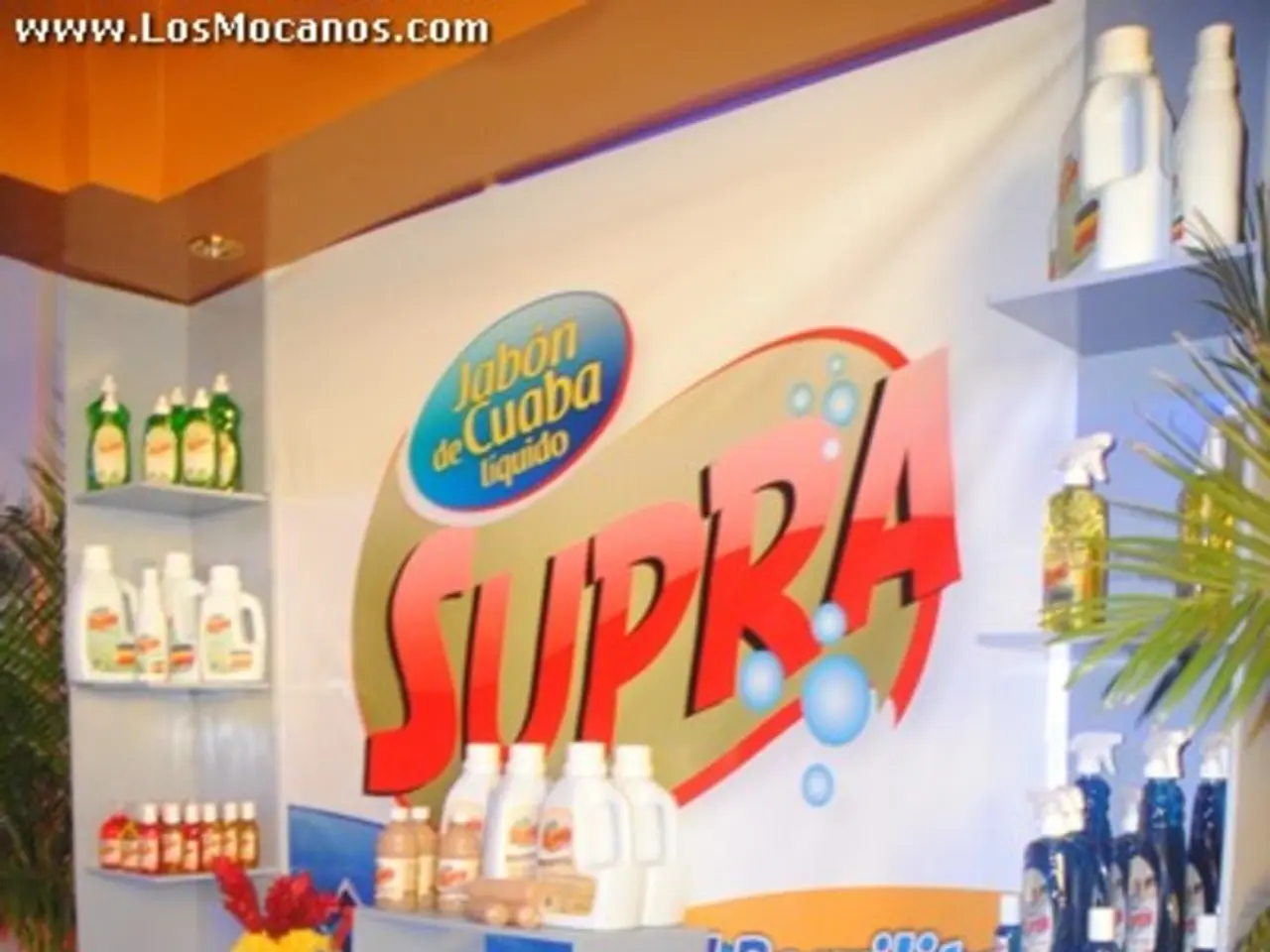Trademark Dispute Results in Vogue's Loss in India
In a recent trademark infringement case, the Bombay High Court has dismissed a lawsuit filed by the publisher of fashion magazine Vogue. The case revolved around the use of the phrase "JUST IN VOGUE" by a retail store chain.
Trademark law protects words, phrases, and logos used to identify the source of goods or services. However, it is essential to note that you cannot copy someone else's trademark if your goods or services are similar to those offered by the trademark owner. In this case, Vogue is a magazine publisher, while the defendant is a retailer of fashion goods, dealing in different classes of goods and services.
The court's decision in such cases heavily depends on the likelihood of consumer confusion. Despite operating in different classes, courts assess whether consumers might be misled about the source, sponsorship, or affiliation of the goods or services due to the similarity of the marks or other factors.
In this instance, the court determined that consumers are unlikely to be misled into thinking that the defendant's goods have anything to do with Vogue. Vogue's readers are intelligent, affluent, well-traveled women, while the defendant's customers are primarily men from the middle strata of society.
The court's decision was influenced by several key factors. The similarity of the marks was minimal, and the goods and services offered by the parties were distinct. Additionally, the court considered the strength of Vogue's mark, evidence of actual confusion, the defendant's intent, marketing channels and consumer sophistication, and the speed and vigorousness of Vogue's enforcement.
It is worth noting that operating in different trademark classes may weigh against a finding of infringement, but it does not preclude it if other factors elevate the likelihood of confusion. Courts balance protecting trademark rights with allowing fair competition across different markets.
In other cases, trademark law has been applied to virtual goods and NFTs, indicating that even novel goods categories are subject to the same multifactor analysis.
Examples of trademarked names include Facebook, Messenger, Twitter, Pinterest, LinkedIn, Whatsapp, and Email. Bentley Motors has also recently lost a trademark dispute to a clothing company with the same name.
In conclusion, the Bombay High Court's decision in the Vogue vs. Retail Store Chain case illustrates the nuanced analysis involved in trademark infringement cases, especially when parties operate in different classes of goods or services. The court's decision underscores the importance of understanding consumer perception, marketing overlap, and the nature of the goods/services in such cases.
Social media platforms and entertainment sectors can potentially face trademark disputes, as the decisions in such cases often reflect a careful analysis of consumer perception, marketing overlap, and the nature of goods or services. For example, a lawsuit could surface if a social media platform named "JustInVogueEntertainment" starts offering entertainment services similar to those provided by Vogue, the fashion magazine publisher in the recent case. However, the success of such a lawsuit would depend on various factors, including the similarity of marks, the strength of Vogue's brand, evidence of actual confusion, and the marketing channels used by both parties.








